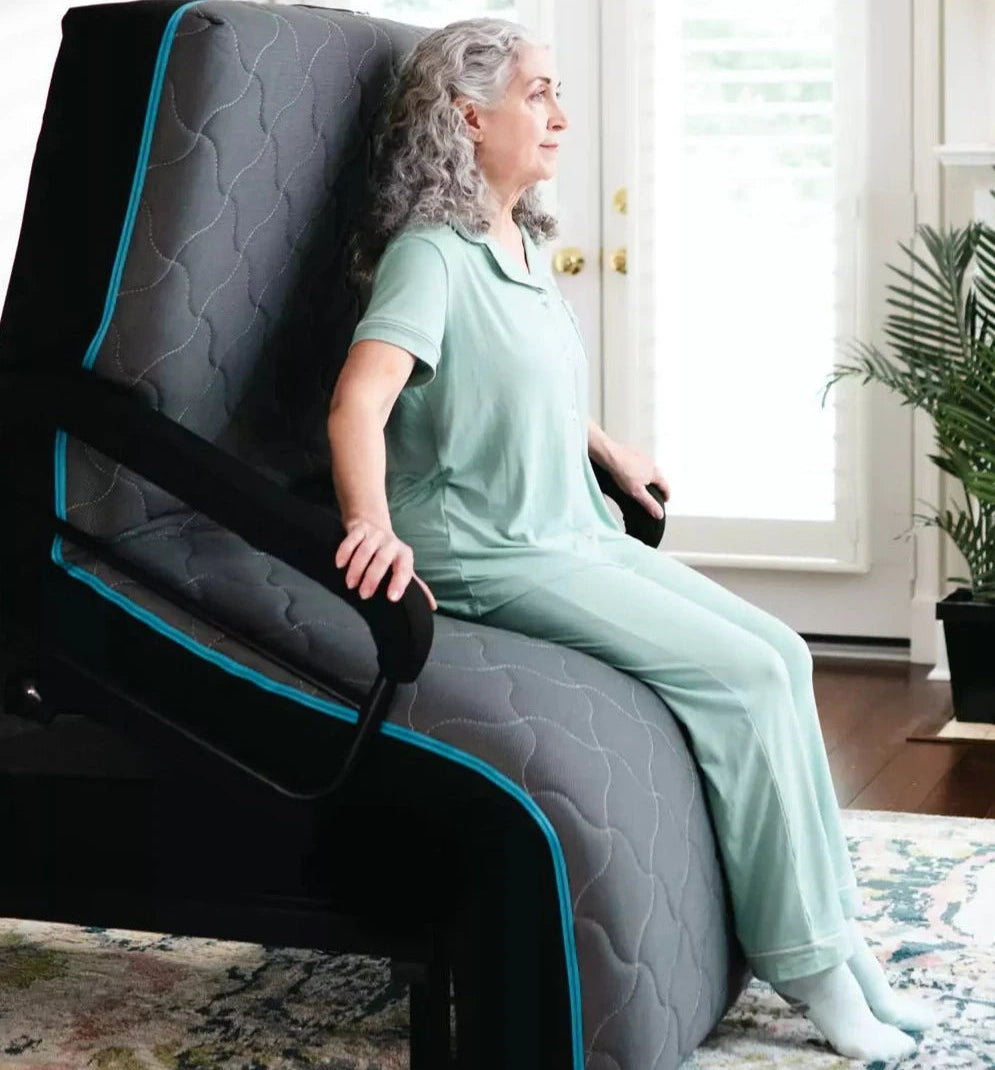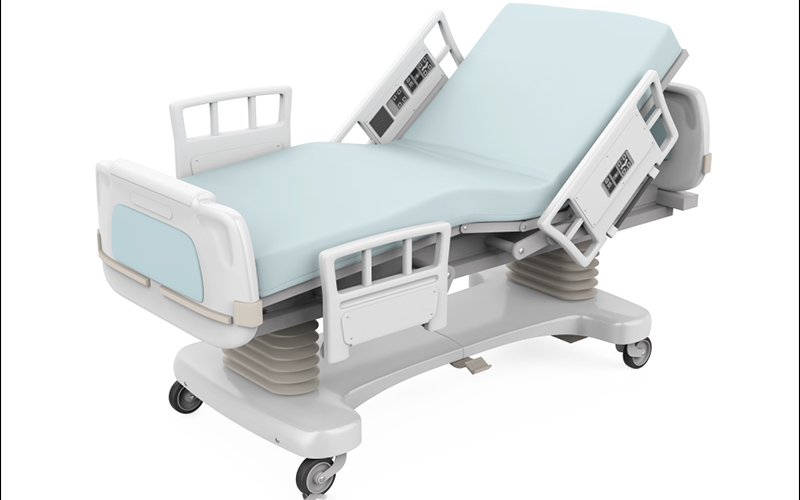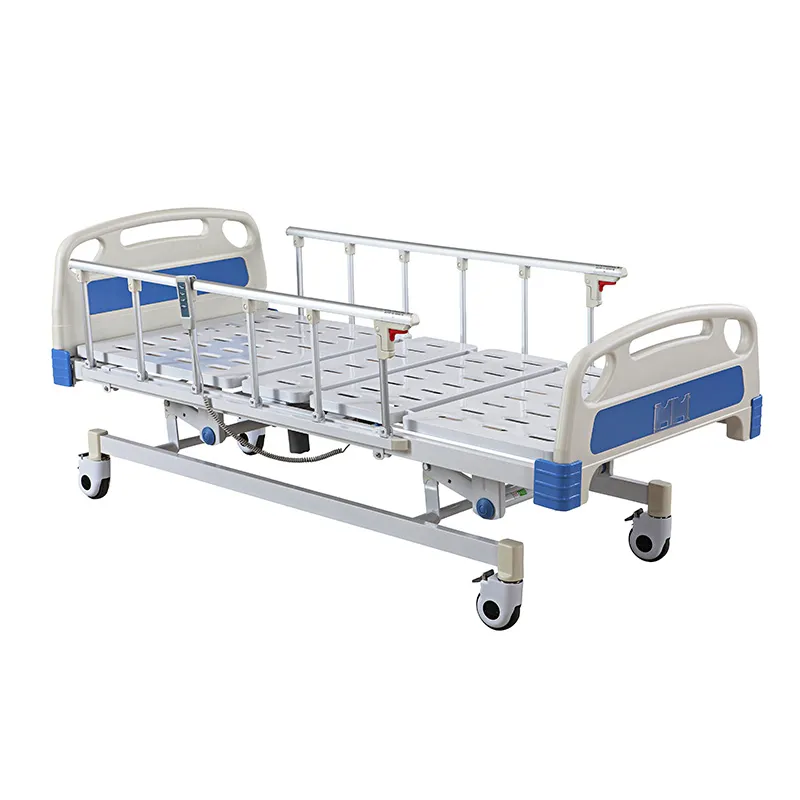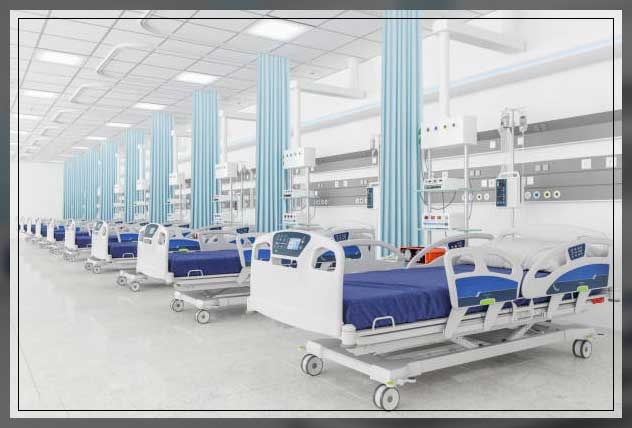Hospital Beds For Home Use for Dummies
Some Known Details About Hospital Beds For Home Use
Table of ContentsAll about Hospital Beds For Home UseThings about Hospital Beds For Home UseHospital Beds For Home Use - QuestionsNot known Incorrect Statements About Hospital Beds For Home Use The Basic Principles Of Hospital Beds For Home Use 9 Simple Techniques For Hospital Beds For Home UseThe 6-Minute Rule for Hospital Beds For Home Use
There are 3 main kinds of medical facility beds: manual, semi-electric, and fully-electric. Nonetheless, even more kinds of clinical beds exist and they are provided below. These beds utilize hand cranks to adjust the bed's elevation and increase and reduce the head and the foot. Hand cranks are commonly discovered at the foot of the bed and require a person that is physically efficient in operating.
Semi-electric beds have an electric motor to raise and decrease the head and foot sections of the bed. People and caregivers adjust the positioning by pressing buttons using a hand necklace. The elevation of the bed is readjusted manually with a hand crank. Full-electric beds have an electrical motor that can elevate the head and foot sections of the bed along with the entire elevation and positioning of the bed.
The smart Trick of Hospital Beds For Home Use That Nobody is Talking About
There are several kinds of hospital beds, each designed to meet certain patient demands. Below are some typical types: This is the most usual type of hospital bed, developed for basic medical use.
Reduced to the ground than a standard bed. This type of bed is developed for larger people, with a broader frame and higher weight capacity than a standard bed.
This kind of bed is designed for critically unwell clients who need open surveillance and specialized medical equipment such as ventilators and mixture pumps. This kind of bed is created for use during labor and shipment, with adjustable positions and features to support the mom and child during the birth process.
Some Known Factual Statements About Hospital Beds For Home Use
Multiple function and the accessories do increasing grip to different components of the vertebra and the extremities without moving the body. These are simply a couple of examples of the sorts of hospital beds available. The details type of bed used will depend on the client's condition, clinical needs, and other variables.
Below is things you require to know. A one-function medical facility bed is a clinical bed that enables a client to relocate just the head or foot area up or down. A 2 feature hospital bed usually refers to a kind of clinical bed that has two flexible functions to aid people in healthcare facilities or care facilities.

Hospital Beds For Home Use for Dummies
A 7-function ICU bed is a sort of clinical bed that gives numerous flexible features to support critically ill clients in an intensive treatment system (ICU) (hospital beds for home use). The 7 features usually consist of: Back-rest modification: The backrest can be adapted to various angles to assist the client stay up or exist down pleasantly
Height change: find out here now The bed can be increased or lowered to make it simpler for clients to get in and out of bed, and for caretakers to offer care. Trendelenburg placement: The whole bed can be tilted to promote blood circulation and circulation in the body. Reverse Trendelenburg setting: The bed can additionally be tilted in the opposite direction to advertise blood circulation and blood circulation in the upper body.
While even more budget-friendly than electrical designs, these beds need physical initiative for changes. The major benefits of hand-operated beds are their price and integrity, as they do not depend on electrical power. Nevertheless, the requirement for hands-on initiative can be a restriction in circumstances where fast modifications are needed or where caretakers deal with physical difficulties.
Hospital Beds For Home Use Can Be Fun For Everyone
Semi-electric medical facility beds use an equilibrium of handbook and electric controls. These beds provide a perfect center ground in between manual and fully electric choices, providing simplicity of use without the complete cost of electrical designs.
Semi-electric beds are well-suited for patients who need moderate modifications to the head and foot sections but can manage without constant height modifications. This makes them an economical remedy for those seeking comfort and benefit without the requirement for continuous repositioning. Totally electric healthcare facility beds feature electric controls for smooth modifications to the elevation, head, and foot sections.
Specialized hospital beds, such as ICU beds, lasting treatment beds, and bariatric beds, are thoroughly developed to address specific clinical requirements. These beds provide customized look after varied person groups, enhancing both results and comfort. click to read more In the adhering to sections, we will check out the primary kinds of specialized hospital beds, outlining their specific advantages and applications.
With years of experience in manufacturing electric direct actuators - hospital beds for home use and close partnership with the healthcare market, TiMOTION is well-positioned to give trusted healthcare solutions. Our vertically incorporated business manages every action of the production process, from design to actuator setting up, ensuring we deliver extraordinary value and personalized solutions tailored to your particular needs
The smart Trick of Hospital Beds For Home Use That Nobody is Discussing

For more information regarding incorporating these modern technologies into your products, call us today. Further analysis:.
Data is sourced from the Medicare Cost Report. Accessed January 2025. Temporary acute treatment health centers have the highest possible ordinary variety of beds at 187. They are the most typical kind of hospital in the U.S. and compose greater than 50% of U.S. hospitals. Kid's health centers have 178 beds usually and VA health centers ordinary 175 beds.

Rumored Buzz on Hospital Beds For Home Use
A health center bed is a bed developed especially for clinical purposes. It is not just an area for patients to rest, however additionally a system for medical operations. Unlike normal home beds, hospital beds normally have flexible attributes, which can promote clinical staff to make various modifications according to the demands of people, such as changing the height, inclination, and support angle of the back and legs of the bed.